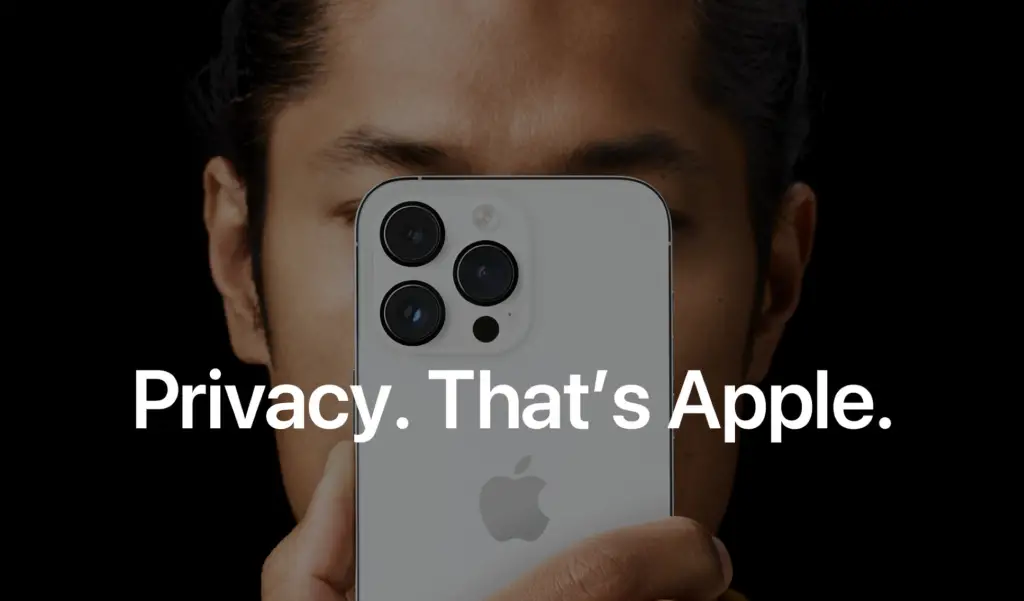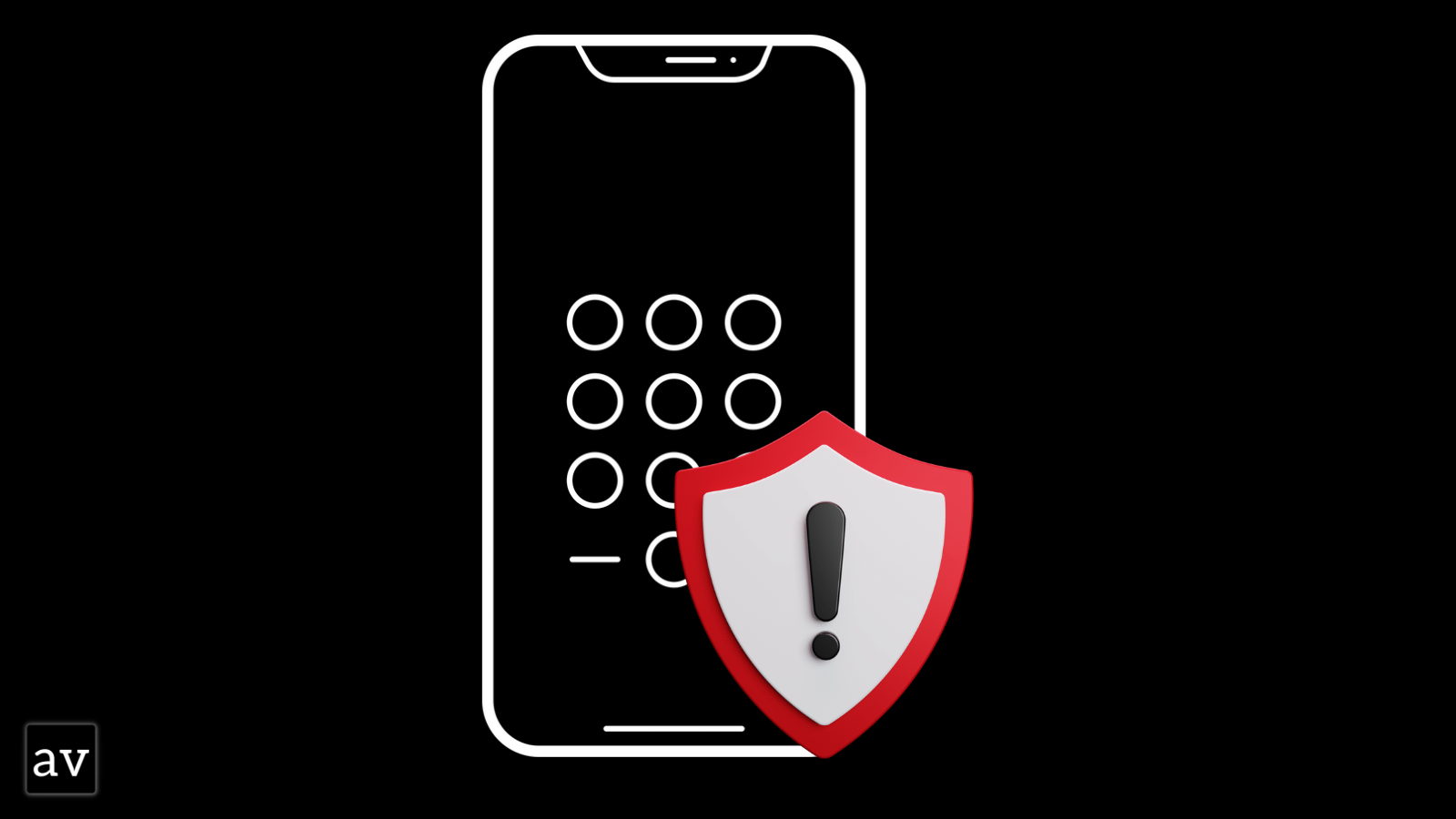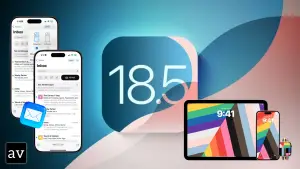As an Apple veteran, I have always been proud of the company’s commitment to digital privacy and security. Apple’s tightly integrated hardware, software, and iCloud web services have long been marketed as the best protection for our customers’ data.
However, a recent Wall Street Journal report has left me both surprised and concerned, highlighting a growing and frightening vulnerability in iPhone security. In this blog, I will delve into the issue, express my hope for Apple’s swift resolution, and provide some advice on how to protect yourself in the meantime.

The Passcode Problem: A Growing Concern
The problem of passcode thefts is becoming increasingly prevalent, with victims losing access to their Apple accounts and all associated data, as well as suffering significant financial losses. Thieves use low-tech methods to watch iPhone owners enter their passcodes before stealing their devices and taking control of their digital lives. This vulnerability affects over one billion iPhones worldwide and lies in the design of the software itself.
Once a thief has access to the iPhone and its passcode, they can quickly change the password associated with the owner’s Apple ID, locking the victim out of their account and any data stored in iCloud. Thieves can also use the passcode to access financial apps on the phone since it unlocks all stored passwords.

The problem of passcode thefts is becoming increasingly prevalent, as demonstrated by the story of Reyhan Ayas, who had her iPhone 13 Pro Max stolen in Midtown Manhattan. Within 24 hours, she lost access to her Apple account and all the data associated with it, as well as $10,000 from her bank account. She initially spoke to The Wall Street Journal as part of an investigation.
In the early hours of Thanksgiving weekend, my iPhone and my @Apple ID was stolen. It was the darkest of days, and I'm so glad that @JoannaStern is telling my story to the world. Thank you Joanna! https://t.co/ItQcK1LbMZ
— Reyhan Ayas (@reyhan_ayas) February 24, 2023
As a long-time supporter of Apple, I was initially surprised by this revelation. However, given the company’s dedication to user security and privacy, I am hopeful that they will address this issue quickly and effectively.
Apple’s Unsatisfying Response & The Need for Swift Action
In response to the report, an Apple spokesperson said, “Security researchers agree that iPhone is the most secure consumer mobile device, and we work tirelessly every day to protect all our users from new and emerging threats.”
While Apple has not yet provided any specific details about the next steps it might take to increase security, I am hopeful that the company will take this issue seriously and act swiftly to protect its users.
How to Stay Protected in the Meantime
As we await Apple’s response and potential solutions, it is crucial for iPhone users to take steps to protect themselves. To better secure your digital life, consider the following recommendations:
- Switch from a four-digit passcode to an alphanumeric passcode, which is more difficult for thieves to spy on. This can be done in the Settings app under Face ID & Passcode → Change Passcode.
- Use Face ID or Touch ID as much as possible when in public to prevent thieves from spying on your passcode. In situations where entering the passcode is necessary, hold your hand over the screen to hide passcode entry.
- To protect your bank account, consider storing your password in a password manager that does not involve the device’s passcode, such as 1Password.
Conclusion: Hope for a Safer Future
The iPhone passcode vulnerability is a shocking and growing concern for all of us in the Apple community. As an Apple veteran, I am hopeful that the company will act decisively to address this issue and enhance security measures to protect its users. Until then, it is crucial for all iPhone users to be proactive in securing their digital lives. By implementing the recommendations listed above, we can minimize the risk of falling victim to this terrifying and all-too-real threat.




